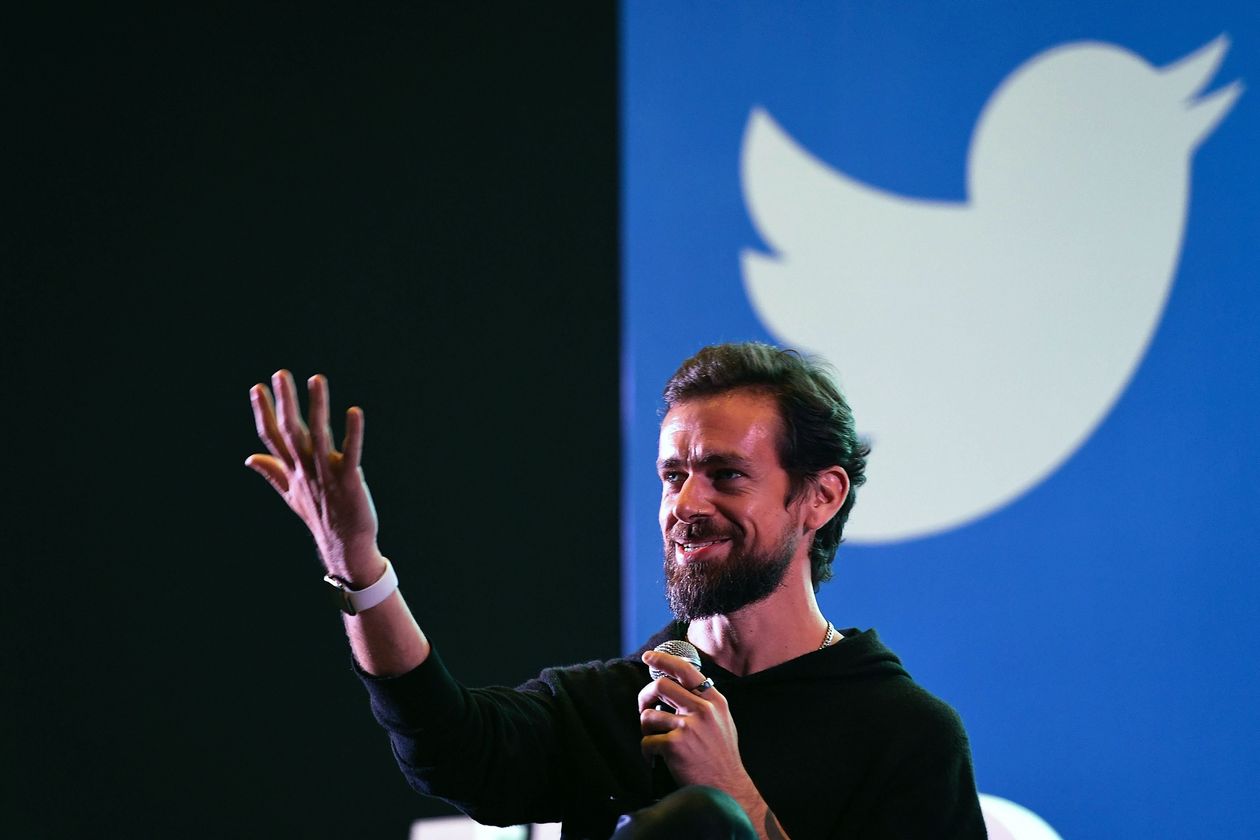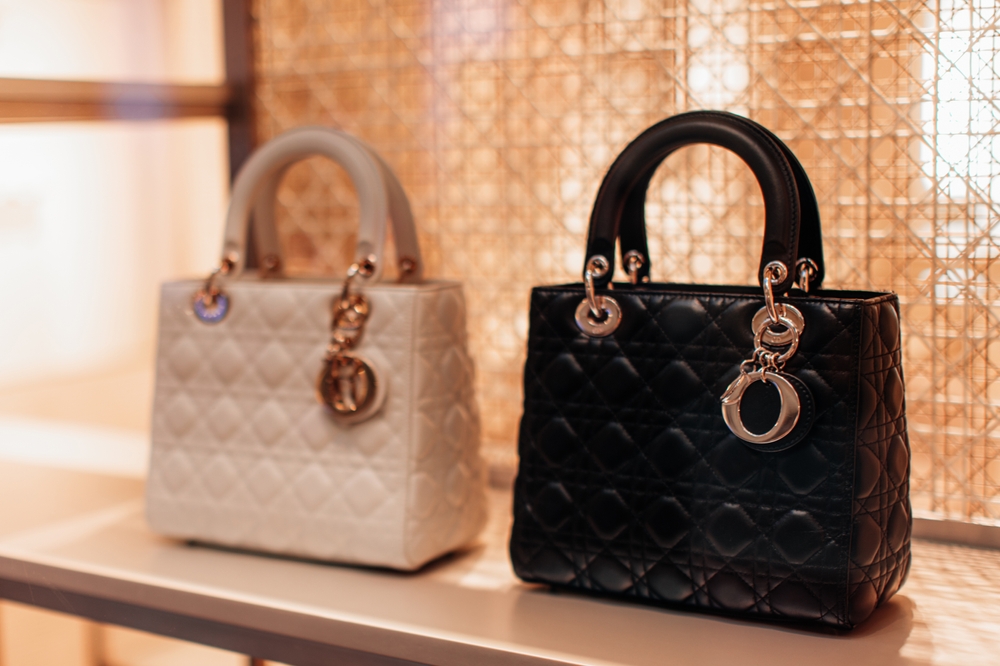Jack Dorsey’s First Tweet Sells As NFT For Approx. $3.7 Million
CEO of Malaysian blockchain company is winning bidder in auction launched by Twitter co-founder.
The first tweet that Twitter Inc. Chief Executive Jack Dorsey posted to the microblogging site in 2006 has sold as a nonfungible token for about $2.9 million (A$3.7 million), the latest digital collectible to haul in more than US$1 million amid a flurry of interest from buyers.
The winning bidder, Malaysia-based blockchain company Bridge Oracle CEO Sina Estavi, technically owns a digital certificate of the tweet—“just setting up my twttr,” according to Valuables, an NFT marketplace for buying and selling tweets that ran the auction. NFTs work on the blockchain, similar to cryptocurrencies like bitcoin, and serve as digital certificates of authenticity for everything from art to memes.
Mr Dorsey’s tweet itself will continue to live on Twitter, Valuables said, adding that the digital certificate is signed using cryptography and includes the tweet’s metadata such as when the tweet was posted.
“This is not just a tweet!” Mr Estavi tweeted Monday. “I think years later people will realise the true value of this tweet, like the Mona Lisa painting.”
Mr Estavi couldn’t be immediately reached for comment on Monday. He was also the highest bidder to secure an NFT of a tweet from Tesla Inc. CEO Elon Musk, but Mr Musk ultimately changed his mind.
Cryptocurrency investor Justin Sun, who paid a record US$4.6 million in a 2019 charity auction to have lunch with Warren Buffett, was the second-highest bidder for the NFT of Mr Dorsey’s first tweet.
A wide array of content creators have set their sights on the NFT market after Mike Winkelmann, a self-taught artist who goes by the professional name of Beeple, sold a digital image online at Christie’s for US$69.3 million, making him the third-most-expensive living artist after Jeff Koons and David Hockney.
The overall NFT market ballooned last year to at least US$338 million, from about US$41 million in 2018, according to NFT sales-tracking website NonFungible.com and L’Atelier, a research firm affiliated with BNP Paribas SA.
Mr Dorsey, a bitcoin advocate who also serves as CEO of Square Inc., launched the auction late last year, though bid values crossed the seven-figure mark over the past few weeks. The Twitter co-founder posted tweets showing auction proceeds being converted into bitcoin and sent to the nonprofit group GiveDirectly’s Africa Response project to offer emergency Covid-19 cash relief for families in Kenya, Rwanda, Liberia and Malawi.
Reprinted by permission of The Wall Street Journal, Copyright 2021 Dow Jones & Company. Inc. All Rights Reserved Worldwide. Original date of publication: March 22, 2021.
 Copyright 2020, Dow Jones & Company, Inc. All Rights Reserved Worldwide. LEARN MORE
Copyright 2020, Dow Jones & Company, Inc. All Rights Reserved Worldwide. LEARN MORE
This stylish family home combines a classic palette and finishes with a flexible floorplan
Just 55 minutes from Sydney, make this your creative getaway located in the majestic Hawkesbury region.
As Paris makes its final preparations for the Olympic games, its residents are busy with their own—packing their suitcases, confirming their reservations, and getting out of town.
Worried about the hordes of crowds and overall chaos the Olympics could bring, Parisians are fleeing the city in droves and inundating resort cities around the country. Hotels and holiday rentals in some of France’s most popular vacation destinations—from the French Riviera in the south to the beaches of Normandy in the north—say they are expecting massive crowds this year in advance of the Olympics. The games will run from July 26-Aug. 1.
“It’s already a major holiday season for us, and beyond that, we have the Olympics,” says Stéphane Personeni, general manager of the Lily of the Valley hotel in Saint Tropez. “People began booking early this year.”
Personeni’s hotel typically has no issues filling its rooms each summer—by May of each year, the luxury hotel typically finds itself completely booked out for the months of July and August. But this year, the 53-room hotel began filling up for summer reservations in February.
“We told our regular guests that everything—hotels, apartments, villas—are going to be hard to find this summer,” Personeni says. His neighbours around Saint Tropez say they’re similarly booked up.
As of March, the online marketplace Gens de Confiance (“Trusted People”), saw a 50% increase in reservations from Parisians seeking vacation rentals outside the capital during the Olympics.
Already, August is a popular vacation time for the French. With a minimum of five weeks of vacation mandated by law, many decide to take the entire month off, renting out villas in beachside destinations for longer periods.
But beyond the typical August travel, the Olympics are having a real impact, says Bertille Marchal, a spokesperson for Gens de Confiance.
“We’ve seen nearly three times more reservations for the dates of the Olympics than the following two weeks,” Marchal says. “The increase is definitely linked to the Olympic Games.”

Getty Images
According to the site, the most sought-out vacation destinations are Morbihan and Loire-Atlantique, a seaside region in the northwest; le Var, a coastal area within the southeast of France along the Côte d’Azur; and the island of Corsica in the Mediterranean.
Meanwhile, the Olympics haven’t necessarily been a boon to foreign tourism in the country. Many tourists who might have otherwise come to France are avoiding it this year in favour of other European capitals. In Paris, demand for stays at high-end hotels has collapsed, with bookings down 50% in July compared to last year, according to UMIH Prestige, which represents hotels charging at least €800 ($865) a night for rooms.
Earlier this year, high-end restaurants and concierges said the Olympics might even be an opportunity to score a hard-get-seat at the city’s fine dining.
In the Occitanie region in southwest France, the overall number of reservations this summer hasn’t changed much from last year, says Vincent Gare, president of the regional tourism committee there.
“But looking further at the numbers, we do see an increase in the clientele coming from the Paris region,” Gare told Le Figaro, noting that the increase in reservations has fallen directly on the dates of the Olympic games.
Michel Barré, a retiree living in Paris’s Le Marais neighbourhood, is one of those opting for the beach rather than the opening ceremony. In January, he booked a stay in Normandy for two weeks.
“Even though it’s a major European capital, Paris is still a small city—it’s a massive effort to host all of these events,” Barré says. “The Olympics are going to be a mess.”
More than anything, he just wants some calm after an event-filled summer in Paris, which just before the Olympics experienced the drama of a snap election called by Macron.
“It’s been a hectic summer here,” he says.

AFP via Getty Images
Parisians—Barré included—feel that the city, by over-catering to its tourists, is driving out many residents.
Parts of the Seine—usually one of the most popular summertime hangout spots —have been closed off for weeks as the city installs bleachers and Olympics signage. In certain neighbourhoods, residents will need to scan a QR code with police to access their own apartments. And from the Olympics to Sept. 8, Paris is nearly doubling the price of transit tickets from €2.15 to €4 per ride.
The city’s clear willingness to capitalise on its tourists has motivated some residents to do the same. In March, the number of active Airbnb listings in Paris reached an all-time high as hosts rushed to list their apartments. Listings grew 40% from the same time last year, according to the company.
With their regular clients taking off, Parisian restaurants and merchants are complaining that business is down.
“Are there any Parisians left in Paris?” Alaine Fontaine, president of the restaurant industry association, told the radio station Franceinfo on Sunday. “For the last three weeks, there haven’t been any here.”
Still, for all the talk of those leaving, there are plenty who have decided to stick around.
Jay Swanson, an American expat and YouTuber, can’t imagine leaving during the Olympics—he secured his tickets to see ping pong and volleyball last year. He’s also less concerned about the crowds and road closures than others, having just put together a series of videos explaining how to navigate Paris during the games.
“It’s been 100 years since the Games came to Paris; when else will we get a chance to host the world like this?” Swanson says. “So many Parisians are leaving and tourism is down, so not only will it be quiet but the only people left will be here for a party.”
This stylish family home combines a classic palette and finishes with a flexible floorplan
Just 55 minutes from Sydney, make this your creative getaway located in the majestic Hawkesbury region.





















